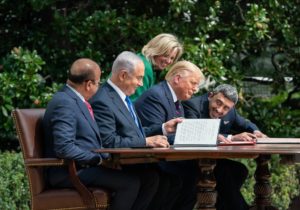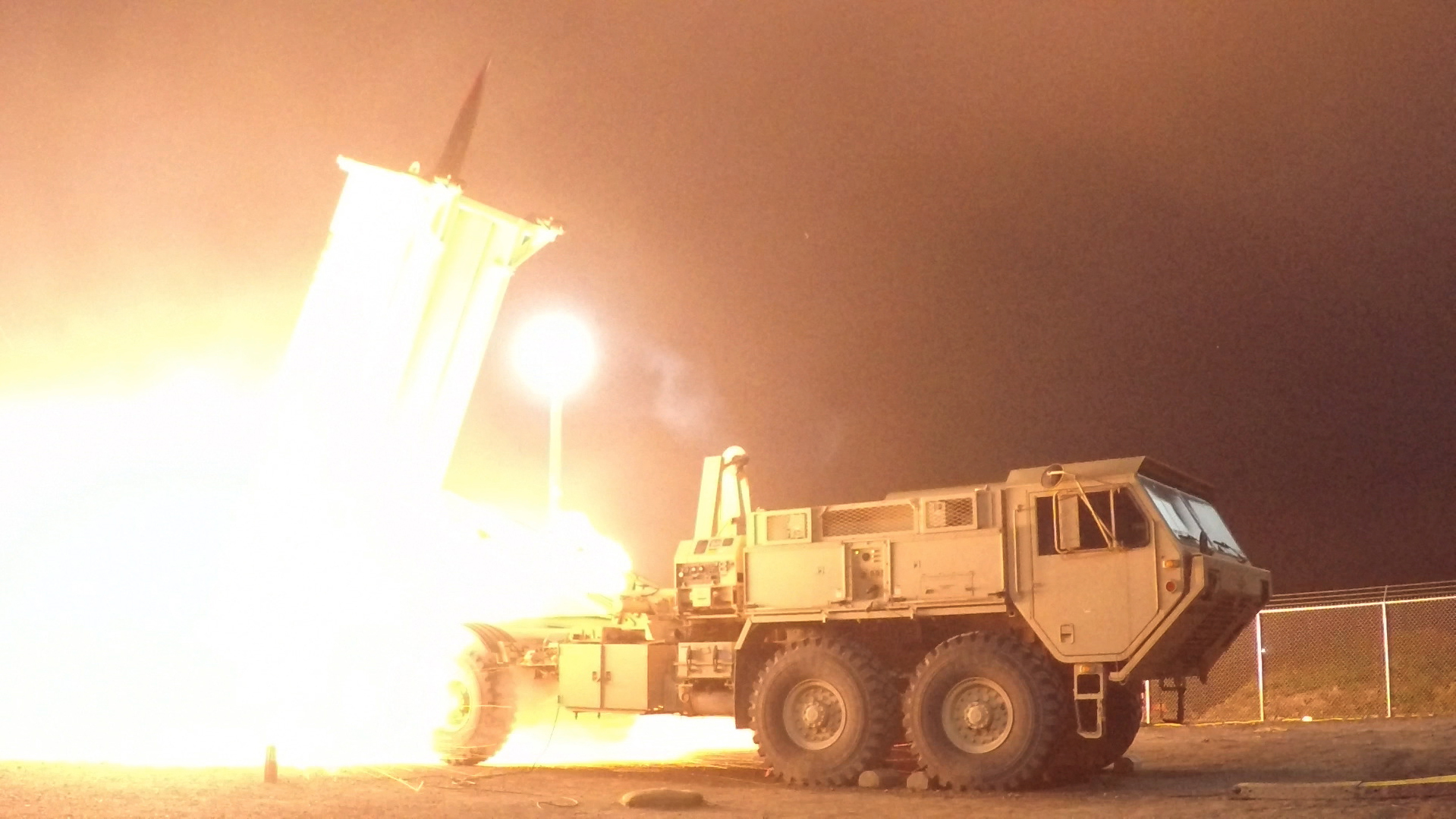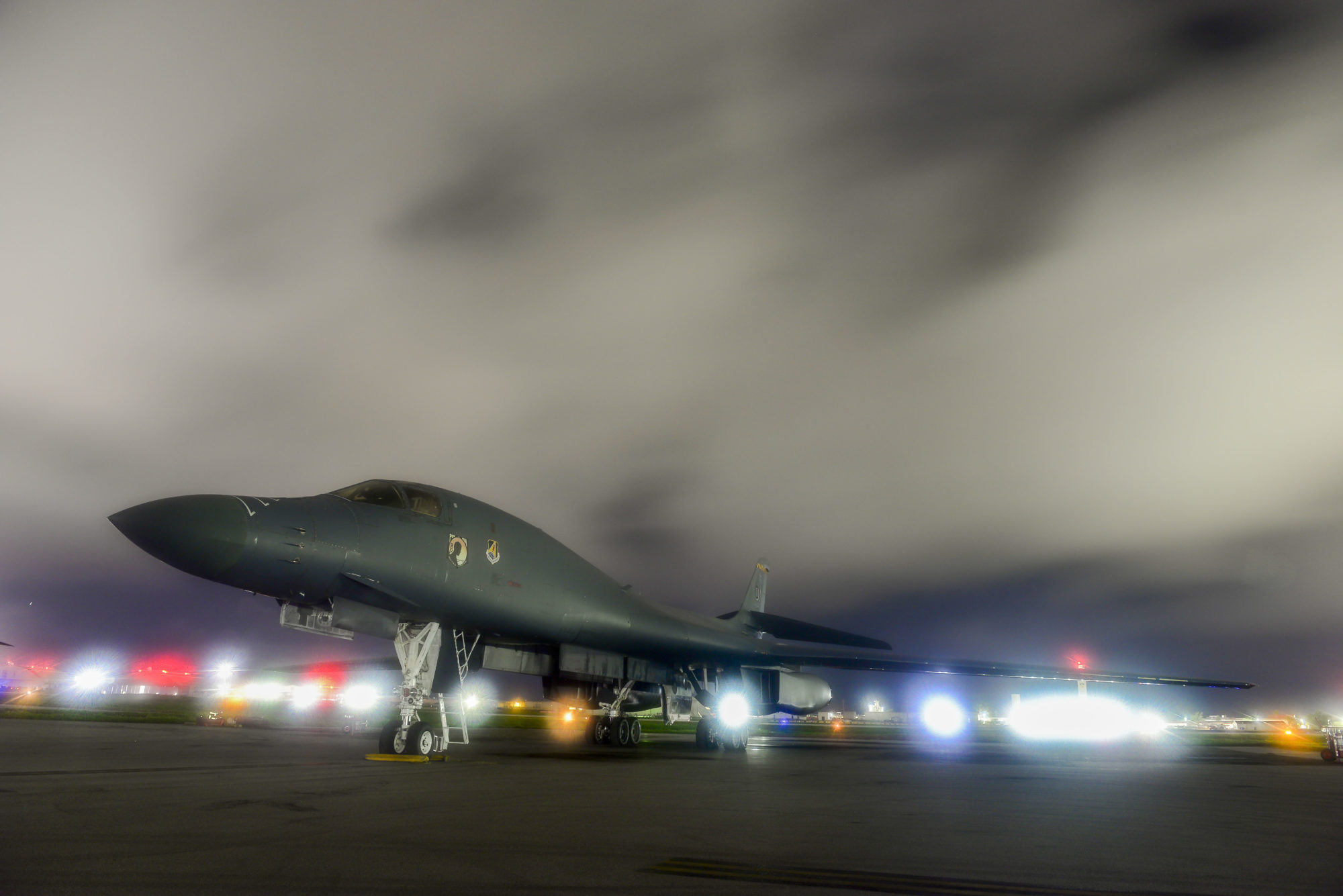On March 23, 1983 President Reagan delivered his famous “Star Wars” speech urging that the USA pivot away from a nuclear policy of Mutual Assured Destruction (MAD) towards a missile defense that would both deter and protect. Of course his proposal was widely denounced for supposedly militarizing the heavens, for expanding the arms race, and for pursuing technologically unattainable defensive systems costing hundreds of billions. Opponents and skeptics included much of the Pentagon establishment, including the Joint Chiefs of Staff, national security realists, arms control mavens, peaceniks, most Democratic members of Congress, left-wing church groups, many NATO countries (including initially Margaret Thatcher), and the Soviet Union.
Twenty years later President Bush vindicated Reagan and did what even Reagan dared not do. With fairly little controversy he withdrew the USA from the Anti-Ballistic Missile Treaty with Russia that prevented nearly all anti-missile defenses against strategic nuclear weapons. Even protests by Putin seemed perfunctory. Today the USA has some rudimentary anti-missile defenses. Many more are needed, as nukes proliferate to irrational regimes like North Korea and Iran. Nixon and Kissinger had negotiated the ABM Treaty with the Soviets in pursuit of Détente and facing pressure to reduce military spending. (Kissinger would later back Reagan on missile defense.) MAD had effectively become USA policy in the 1960s, pursuing strategic equilibrium by leaving both countries horrifically vulnerable. It offered no remedy for accidental launches or strikes by nuclear actors less rational than the Soviets. It also abrogated the state’s intrinsic duty to defend and protect its people.
The Soviets feared Reagan’s missile defense vision, which remained in the research phase, because they knew they could not effectively compete with the USA in new technology. Their propaganda campaign culminated in the Gorbachev offer to Reagan at Rejkavik for nuclear disarmament in exchange for scuttling missile defense. Famously Reagan rejected the tempting but unacceptable offer. Several years later, Russian Deputy Foreign Minister Grigory Berdennikov admitted, “The Soviet Union fell precisely because it could not afford ‘Star Wars’ and the arms race against the West.”
During the mid 1980s as a college student I worked for a missile defense advocacy group known as High Frontier, founded by Lt. Gen. Daniel Graham, former head of DIA. I recall attending hearings by the United Methodist Church bishops on their pastoral letter on nuclear weapons, which denounced missile defense and urged nuclear disarmament. And I helped organize a coalition for missile defense that included many religious groups. Conservative Evangelicals were especially supportive. Pat Robertson hosted General Graham on the 700 Club. Jerry Falwell hosted Graham on his own program and shared his Moral Majority mailing list. Other supporters included Rev. James Kennedy and Campus Crusade founder Bill Bright.
It’s common now, even by Evangelicals, to mock or dismiss the old Religious Right. They were ham-handed, unsophisticated, self-righteous, overly political, too anxious for power, and lacked a coherent political theology. And supposedly they ultimately completely failed to steer the nation in a different direction. There is much truth in this critique. And there is also uncharitable and unhistorical exaggeration. Conservative Evangelicals were absolutely key to the Reagan military buildup, including missile defense. The global political pressure against it by the Soviets, by European peaceniks, by American disarmament diehards, was enormous. But the Religious Right never wavered, not articulating its moral purpose always very well, but still intuiting the spiritual imperative of steadfast resistance to the Soviet Union, and recalling the Christian vocation for the state is above all to protect.
Ironically, given the vast peacenik opposition, Reagan’s missile defense dream not only contributed to Soviet implosion and the Cold War’s end, it facilitated unprecedented arms control agreements. Thank Reagan on this anniversary of his March 23 speech, and thank those who supported him, which included largely unappreciated conservative Evangelicals.







 Live in the DC area? Sign-up for Providence's in-person events list!
Live in the DC area? Sign-up for Providence's in-person events list!